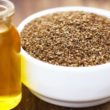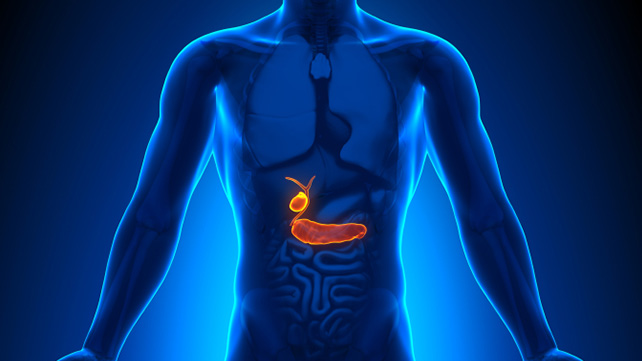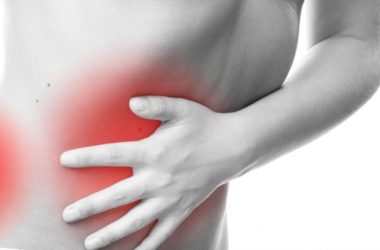Gallbladder polyps are small growths on the gallbladder, commonly brought about by cholesterol buildup. It’s true that this condition is fairly common, and is quite harmless most of the time. However, there are some instances when the growths are not actually out of cholesterol but small tumors. While it’s true that some of these tumors are cancerous in nature, there are also cases wherein they are benign in nature.
Size Matters
It’s important to have gallbladder polyps measured because the size may be used as an indicator whether or not they are cancerous. Growths larger than a centimeter should be a cause of concern because they are very likely to be tumors and are cancerous. On the other hand, gallbladder polyps measuring less than that are unlikely to be cancerous or become one.
Diagnosis
The presence of polyps in the gallbladder may be determined with the help of an ultrasound. It is also through this diagnostic procedure that the sizes of the small growths may be measured, thus allowing a doctor to determine whether they could be dangerous or not. To help evaluate the likelihood of polyps becoming cancerous, a specialist may recommend the person to undergo computed tomography (CT) or positron emission tomography (PET) scans.
Symptoms
Generally speaking, gallbladder polyps produce no symptoms. However, some individuals with the condition may actually experience the so-called biliary colic, a kind of abdominal pain originating from the gallbladder. Billiary colic is usually brought about by gallstones. If gallstones are absent, however, a doctor may suspect gallbladder polyps.
Treatment
Basically, gallbladder polyps that measure less than a centimeter require no treatment or removal. However, they have to be monitored on a regular basis through any of the diagnostic procedures mentioned above. Doing this allows a doctor to immediately determine suspicious changes that usually indicate gallbladder cancer. It is recommended for them to be monitored every 3 to 6 months for up to a couple of years.
On the other hand, for growths that are bigger than a centimeter, surgical removal is ideal. In order to ward off the development of gallbladder cancer, a procedure called cholecystectomy has to be done. Cholecystectomy is the surgical removal of the gallbladder.
Foods to Avoid If You Have Arthritis
Arthritis is characterized by joints that are stiff, painful and swollen. The number one treatment for it remains to be the intake of non-steroidal anti-inflammatory drugs (NSAIDs) as it’s effective in dealing with the common signs and symptoms, allowing the individual suffering from arthritis to lead a normal life.
While there is no prescribed diet for someone with arthritis, it is generally a good idea to consume foods that are anti-inflammatory. Likewise, foods that are known to cause or exacerbate joint inflammation should be avoided. The following are some of the foods you should stay away from:
- Fried and processed foods – Nothing can cause serious inflammation within you more than fatty foods and the assortment of chemicals found in processed food items.
- Sugar and products with refined flour – Excessive intake of sugar can cause your joints to end up stiff, painful and inflamed. Reduce your intake of foods and beverages that are laden with sugar, as well as those that contain refined flour.
- Meat cooked at high temperature – Aside from being carcinogens, meat that’s grilled, fried or cooked at very high temperatures is known to cause inflammation.
- Dairy products – The kind of protein in dairy products can trigger inflammation, experts say. Luckily, you may always obtain protein from non-animal sources such as tofu, beans, peas, quinoa and others.
- Corn oil – Packed with omega-6 fatty acids known to cause inflammation, you should avoid corn oil. It’s a good idea to dodge foods with omega-6 and opt for those with omega-3 fatty acids known to be anti-inflammatory agents.
- Alcohol – It’s no secret that too much alcohol intake can cause a host of problems, and your joints can be one of the targets. Reduce your alcohol consumption to a couple of servings a day if you’re a man, or a serving a day if you’re a woman.













